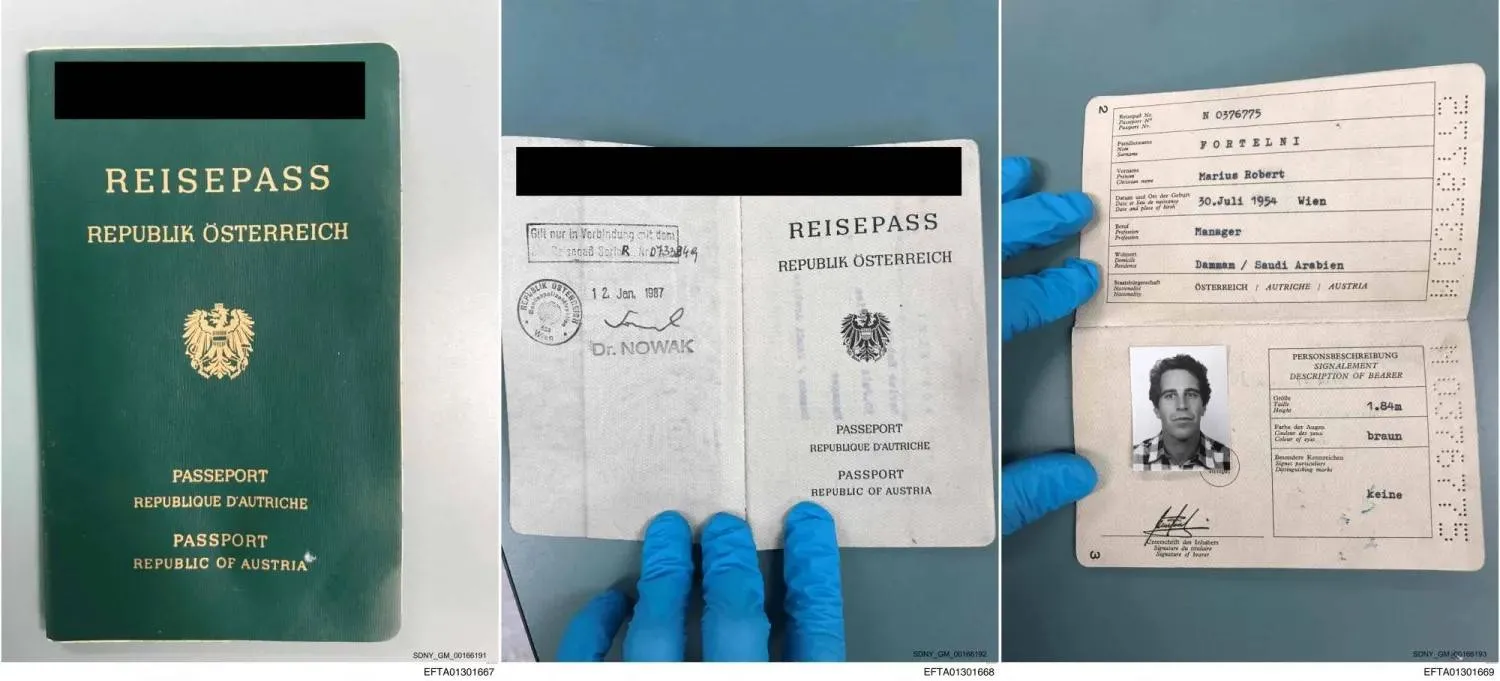Russia on Tuesday quit the Council of Europe, the continent's leading human rights watchdog, preempting likely expulsion over its attack on its neighbor Ukraine.
That made Russia only the second country to leave the pan-European group, whose brief is to uphold human rights and the rule of law, since it was set up after World War Two.
Greece had done the same in 1969, also to avoid expulsion after a group of army officers seized power in a military coup. It joined back with the return to democracy five years later.
Russia's withdrawal from the institution that devised the European Convention on Human Rights and helped eastern European nations democratize their political systems after the collapse of Communism carries symbolic weight.
But the decision, announced just hours before a vote on its expulsion in the Council of Europe's assembly, also has concrete consequences.
The human rights convention will cease to apply to Russia, and Russians will no longer be able to appeal to the European Court of Human Rights against their government.
Leonid Slutsky, head of the International Affairs Committee of Russia's lower house of parliament, said the countries of NATO and the European Union had seen the Council as "a means of ideological support for their military-political and economic expansion to the east."
"But don't be afraid," he wrote on his Telegram channel. "All rights will be guaranteed in our country, necessarily and unconditionally."
In a draft resolution, set to be adopted later on Tuesday, the Council of Europe's assembly was set to call for Russia to leave the institution, saying: "In the common European home, there is no place for an aggressor."
The draft resolution also said that the impact of Russia withdrawing from Europe's court of human rights will be mitigated by the fact that Russia, it said, failed to properly act on its judgements.
"There is no place for such a brutal country to be here among us," Mariia Mezentseva, the head of the Ukrainian delegation to the Council of Europe's parliamentary assembly, said during the debate earlier on Tuesday.
Pyotr Tolstoy, head of the Russian delegation at the Council's Parliamentary Assembly, said on his Telegram channel that he had handed over a letter from Foreign Minister Sergei Lavrov announcing Moscow's decision.
The Council of Europe, which is separate from the European Union, confirmed it had received the letter. It had suspended Russia's membership on Feb. 25, the day after it invaded Ukraine.
Moscow said last week that the US-led NATO alliance and EU countries were undermining the Council and Russia would no longer participate.
The Kremlin said last month that Russia's suspension was unfair, but provided a good reason to "slam the door" for good on the organization, giving Moscow an opportunity to restore the death penalty for dangerous criminals.
Russia describes its invasion of Ukraine as a "special operation" to demilitarize and "denazify" Ukraine and prevent a genocide of Russian-speakers. Ukraine and Western allies call this a baseless pretext for a war of choice.
The Council was founded in 1949. It drew up the European Convention on Human Rights, which in turn established the European Court of Human Rights. Russia joined in 1996.









